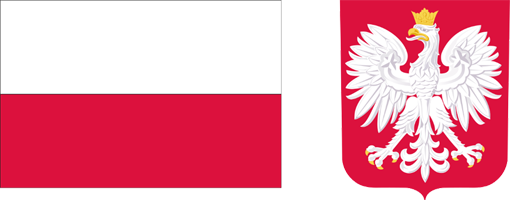Current issue
Archive
About the Journal
Aims and Scope
Editorial Board/Editorial Team
List of reviewers
Publishing process
Publishing Ethics and Malpractice Statement
Personal data protection (GDPR)
Creative Commons License
CrossRef Member / Similarity Check
For Authors
Call for papers
Guidelines for authors
Submitting a manuscript through the editorial system – step by step
For Reviewers
Peer review process
Guidelines for reviewers
Submitting a review – step by step
Contact
RESEARCH PAPER
DIFFERENTIATION OF PROFITABILITY OF TRADITIONAL AND INNOVATIVE POTATOES CULTIVATION IN POLAND
1
Warsaw University of Life Sciences
2
Plant Breeding and Acclimatization Institute National Research Institute, Bonin Division
Submission date: 2023-08-03
Final review date: 2023-09-15
Acceptance date: 2023-12-18
Publication date: 2023-12-22
Zagadnienia Ekonomiki Rolnej / Problems of Agricultural Economics 2023;377(4):70-85
KEYWORDS
JEL CLASSIFICATION CODES
Q1
Q12
D24
TOPICS
ABSTRACT
The aim of the research was to determine the costs and profitability of traditional and innovative potatoes
cultivation in Poland. The experimental field trials of selected potato varieties in various variants
were carried out between 2021 and 2022. The applied variants of experiments included potatoes cultivation
according to traditional and innovative methods, i.e. in commercial conditions (high intensity
of inputs and costs, including fertilization with mineral fertilizers and synthetic plant protection products)
and in the absence of fertilization and plant protection, or only with the use of interaction with
beneficial microorganisms. For economic calculations, there were applied methods of profitability of
potatoes production for the evaluation of various production variants, calculation of production costs
and assessment of production profit. The research material consisted of the results of field experiments
carried out as part of the international PotatoMETAbiome project for 11 potato varieties and six variants
of the experiment in fields located in the north of Poland. Based on the research, it was found
that the average potatoes production costs in 2021 and 2022 decreased for traditional variants and
increased for innovative variants. In 2021, the lowest production costs were for the variant without fertilization
and plant protection products and innovative variants. In turn, in 2022, the lowest production
costs were for traditional variants, i.e., with fertilization and protection, and without fertilization with
protection, as well as with fertilization and without chemical protection, and without fertilization and
without chemical protection. In all years under consideration and for all variants, potatoes cultivation
was profitable. The potatoes production profitability ratios during the years under analysis decreased
for innovative variants, while they increased for variants with intensive production. It was found that
an innovative strategy of potatoes production with the use of beneficial microorganisms may be an
economically justified alternative to changing production, market, and political conditions.
Share
RELATED ARTICLE
We process personal data collected when visiting the website. The function of obtaining information about users and their behavior is carried out by voluntarily entered information in forms and saving cookies in end devices. Data, including cookies, are used to provide services, improve the user experience and to analyze the traffic in accordance with the Privacy policy. Data are also collected and processed by Google Analytics tool (more).
You can change cookies settings in your browser. Restricted use of cookies in the browser configuration may affect some functionalities of the website.
You can change cookies settings in your browser. Restricted use of cookies in the browser configuration may affect some functionalities of the website.




